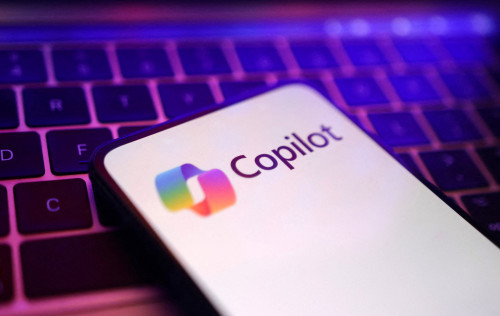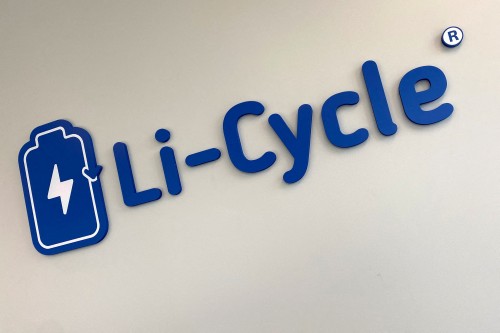By Anna Tong and Krystal Hu
Microsoft has been working on adding internal and third-party artificial intelligence models to power its flagship AI product Microsoft 365 Copilot, in a bid to diversify from the current underlying technology from OpenAI and reduce costs, sources familiar with the effort told Reuters.
It is the latest effort by Microsoft, which is a major backer of OpenAI, to lessen its dependence on the AI startup – a departure from recent years when Microsoft touted its early access to OpenAI’s models. When Microsoft announced 365 Copilot in March 2023, a major selling point was that it used OpenAI’s GPT-4 model.
Microsoft is also seeking to reduce 365 Copilot’s reliance on OpenAI due to concerns about cost and speed for enterprise users, according to the sources, who requested anonymity to discuss private matters.
A Microsoft spokesperson said OpenAI continues as the company’s partner on frontier models, a term for the most advanced AI models available. The original agreement between the two companies allows the software giant to customize OpenAI’s models.
“We incorporate various models from OpenAI and Microsoft depending on the product and experience,” Microsoft said in a statement. OpenAI declined to comment.
In addition to training its own smaller models including the latest Phi-4, Microsoft is also working to customize other open-weight models to make 365 Copilot faster and more efficient, the sources added.
The goal is to make it less expensive for Microsoft to run 365 Copilot, and potentially pass along those savings to the end customer, one of the sources said.
Microsoft’s leaders, including Chief Executive Officer Satya Nadella, are tracking the efforts closely, the same source added.
The move mirrors those of other Microsoft business units which have changed the ways in which they use OpenAI models. GitHub, which Microsoft acquired in 2018, added models from Anthropic and Google in October as alternatives to OpenAI’s GPT-4o. Its consumer chatbot Copilot, revamped in October, is now powered by in-house models as well as OpenAI models.
Microsoft 365 Copilot, an AI assistant built in to Microsoft’s suite of enterprise software including Word and PowerPoint, is still trying to prove its return on investment to enterprises. Microsoft has not shared specific sales data on the number of licenses sold, and there have been concerns about pricing and utility. A survey of 152 information technology companies showed the vast majority of them had not progressed their 365 Copilot initiatives past the pilot stage, research firm Gartner said in August.
Still, analysts at BNP Paribas Exane said they have seen an acceleration in adoption, and expect Microsoft to sell 365 Copilot to more than 10 million paid users this year. Microsoft also said in a November blog post that 70% of Fortune 500 companies are using 365 Copilot.
(Reporting by Anna Tong in San Francisco and Krystal Hu in Toronto; Additional reporting by Jeffrey Dastin in San Francisco; Editing by Matthew Lewis)




